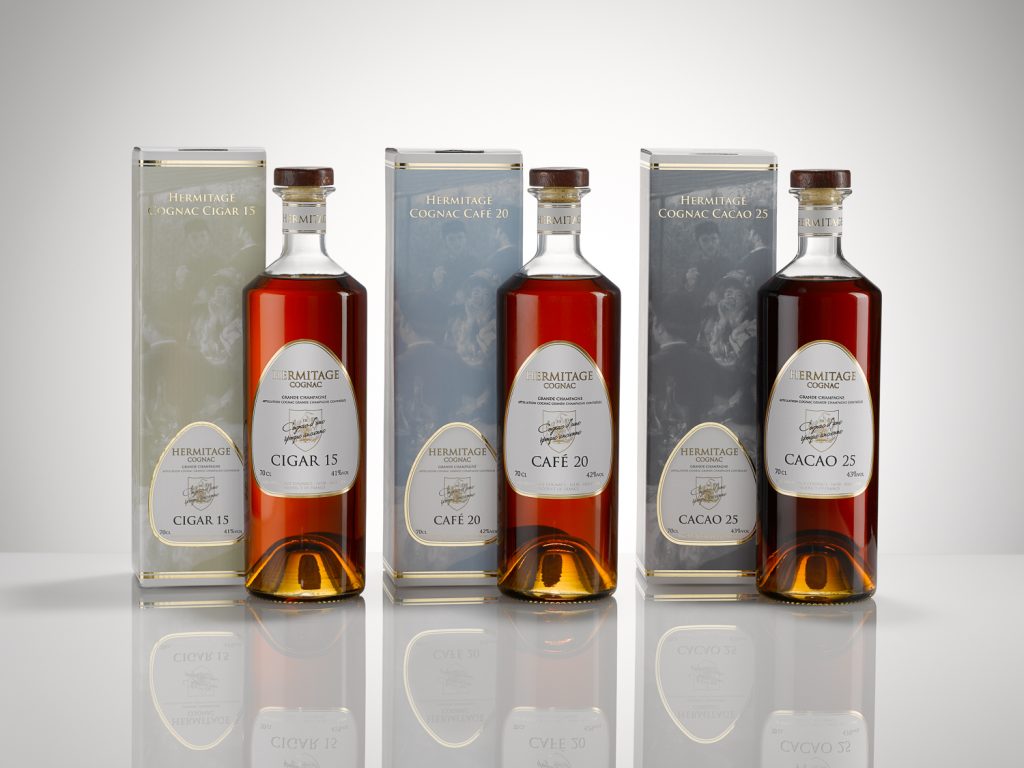Tag: Taste

Loud Music Suppresses Taste
A professor of experimental psychology at the University of Oxford, has said that “venues playing their music too loud are at risk of dulling diners’ taste buds”. He also revealed that “loud music can make it harder to discern aRead more

Artificial Tasting Tongue Created
Scientists have produced an artificial tasting tongue. It is made from sub-microscopic slices of gold and aluminium which create ‘tastebuds’ that are around 500 times smaller than the human equivalent. Subtle differences in how the metals absorb light allow theRead more

The Difficulty of Describing the Taste of Cognac
The taste of any drink or food differs from one taster to another so it is difficult to be precise on an interpretation of flavour. However, most people do understand general flavours that they regularly experience. For example, milk, coffee,Read more